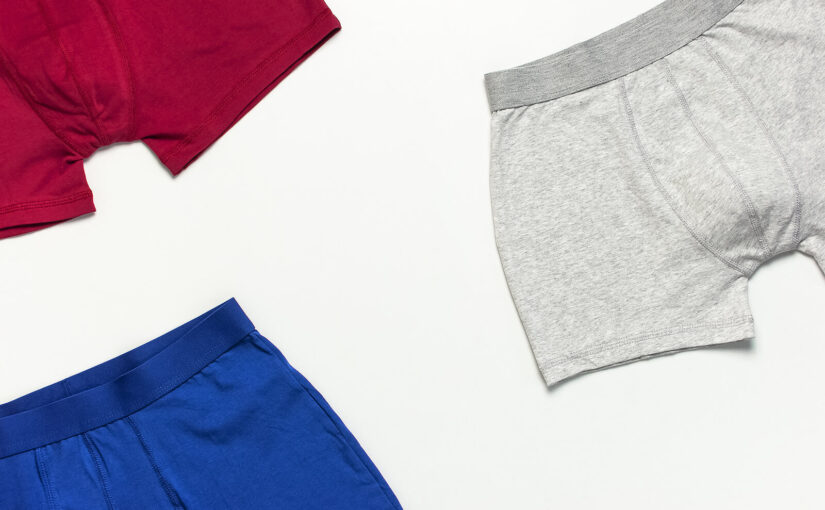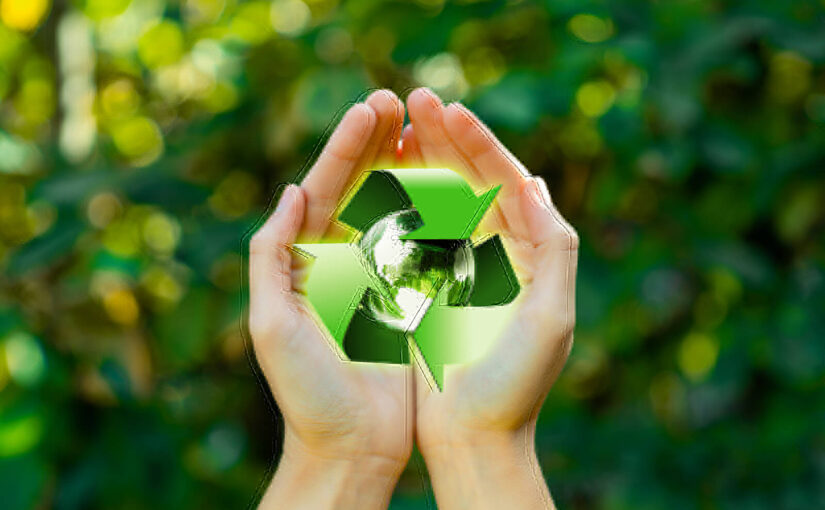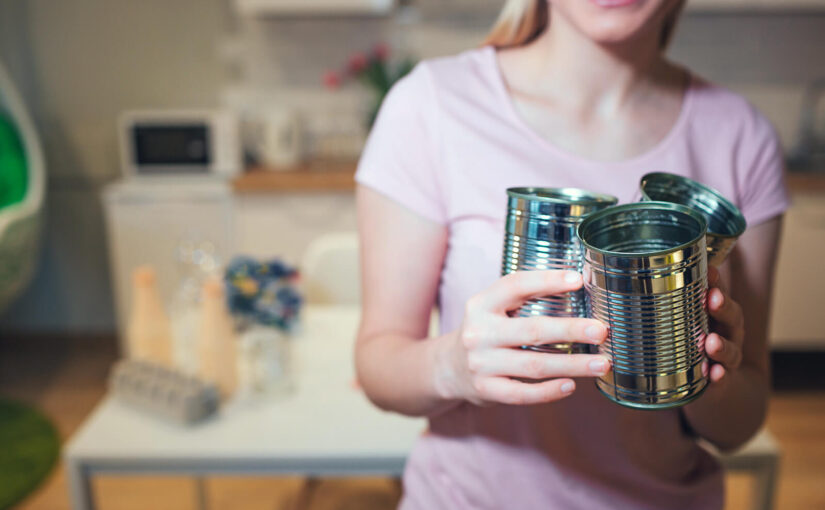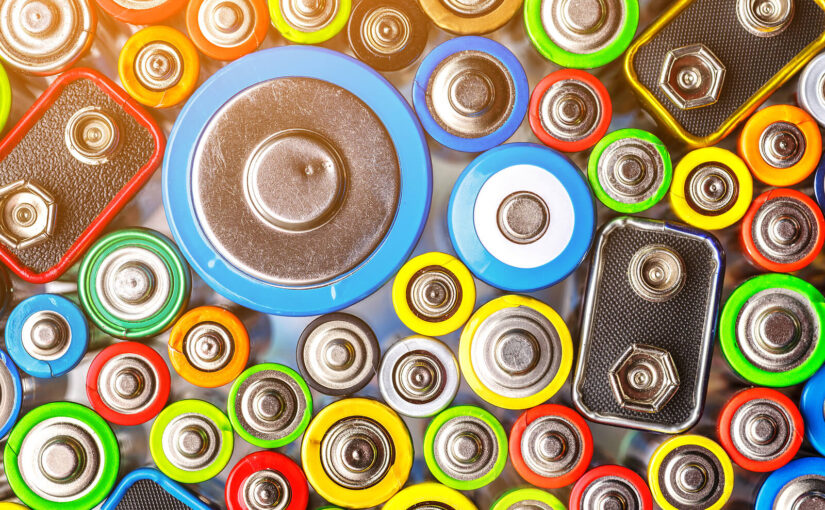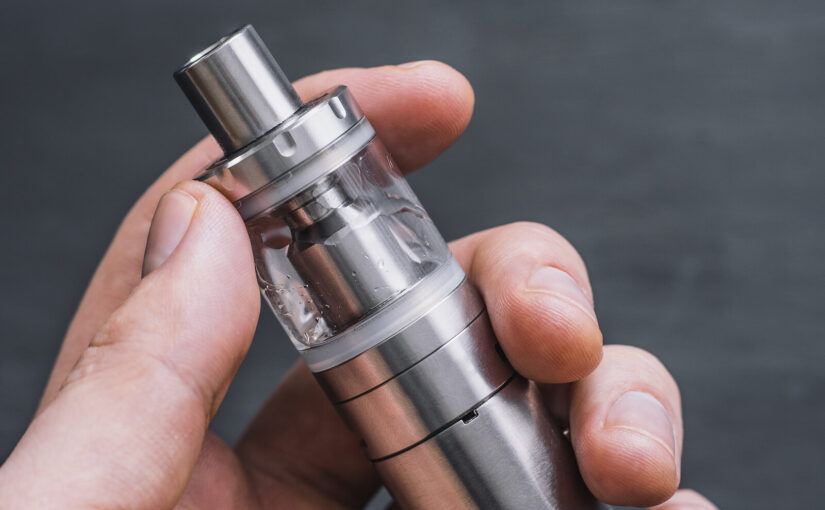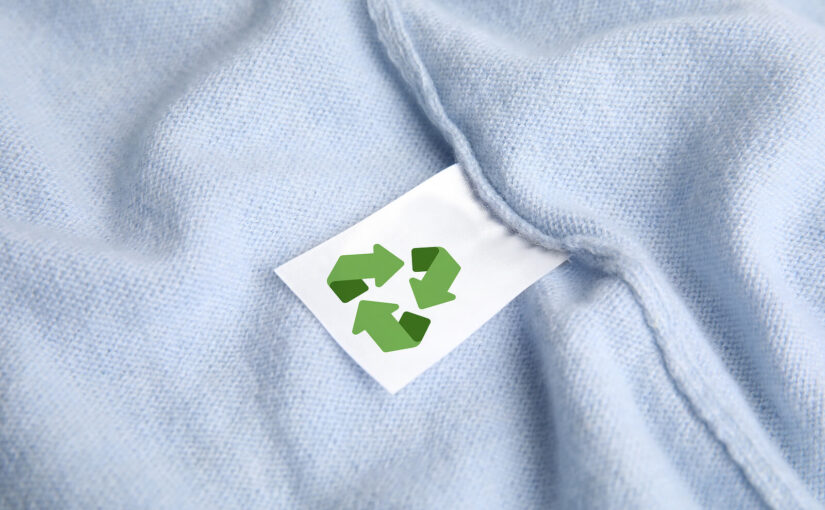In the bustling streets of the UK, a startling statistic looms large: eight single-use vapes meet their fate in the bin every second, culminating in a staggering 5 million discarded weekly.
When they don’t end up in bins — which lead to landfill sites —they find an afterlife as litter instead.
The NHS champions vaping as a viable means for adult smokers to break free from the shackles of cigarette smoking. Yet, amidst its endorsement, caution flags fly high, acknowledging vaping’s limitations and potential risks — particularly emphasising its unsuitability for children and teenagers.
The irony, however, lies in the deliberate marketing of single-use, brightly-coloured vapes sporting tempting flavours — an alluring siren call that resonates with the younger demographic.
While our understanding of vaping’s impact on the human body remains in its infancy, the ecological fallout of these pens paints a stark reality. As these devices weave into our environment, their footprint becomes increasingly conspicuous.
It’s time to smoke out the misinformation and delve into the world of vapes — understanding what they are and how to dispose of them responsibly.
Continue reading Recycling: How to dispose of vapes
